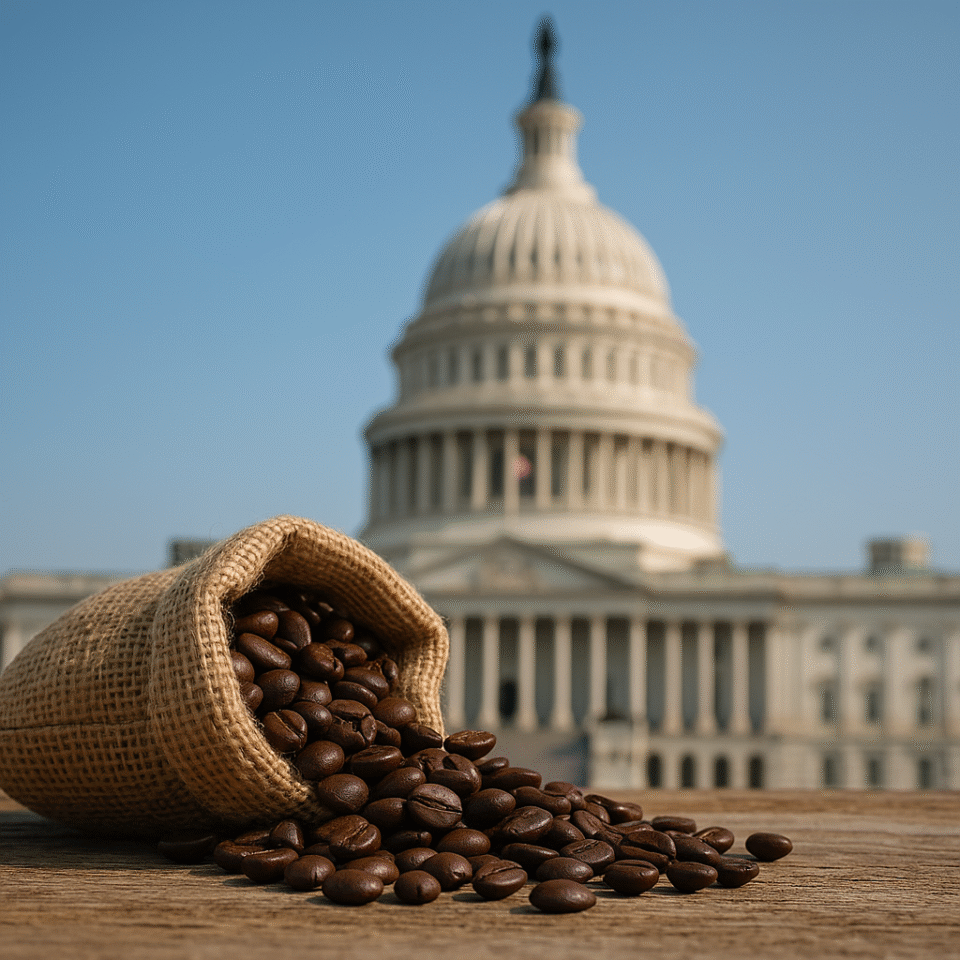Dubai – Qahwa World
A bipartisan bill titled the “No Coffee Tax Act” has been introduced to the United States Congress, aiming to repeal tariffs placed on coffee imports under the Trump administration.
The United States is the largest coffee importer in the world, with production limited only to Hawaii and Puerto Rico. Yet, tariffs currently affect major exporting nations. Goods from Brazil face a 50% tariff, Vietnam 20%, India 50%, Mexico 25%, and Indonesia 19%, all above the administration’s base rate of 10%.
The bill, sponsored by Nebraska Representative Don Bacon and California Representative Ro Khanna, has already drawn support from Virginia’s Don Beyer and New Hampshire’s Maggie Goodlander.
Bacon emphasised that taxing a crop not grown at scale in the US is harmful to consumers: “Families across America are already paying 21% more for coffee. Tariffs on a product we cannot produce commercially only make things worse. They are simply a tax on consumers, raising costs without creating jobs.”
He further highlighted that Congress, under Article One of the Constitution, holds tariff-setting authority, and this legislation reasserts that power.
If passed, the bill would exempt coffee—green, roasted, decaffeinated, husks, skins, and substitutes containing coffee—from any tariffs imposed after January 19, 2025.
The US coffee industry has strongly supported the measure, arguing that coffee cannot be grown at a scale sufficient to meet demand. A petition launched by roaster Coffee Bros in April 2025 has already gathered nearly 15,000 signatures.
Khanna compared the tariffs to Britain’s tax on tea before the American Revolution: “Americans started a revolution over a tax on tea. Today, US coffee prices have surged in part due to these tariffs. Our bipartisan bill is simple—it removes Trump’s tariffs on coffee to bring down costs.”
According to Reuters, the legislation is expected to be formally introduced on Friday. Bacon expressed optimism that the measure would not only reduce prices for consumers but also prompt a wider debate on Congress reclaiming its constitutional role in tariff policy.
